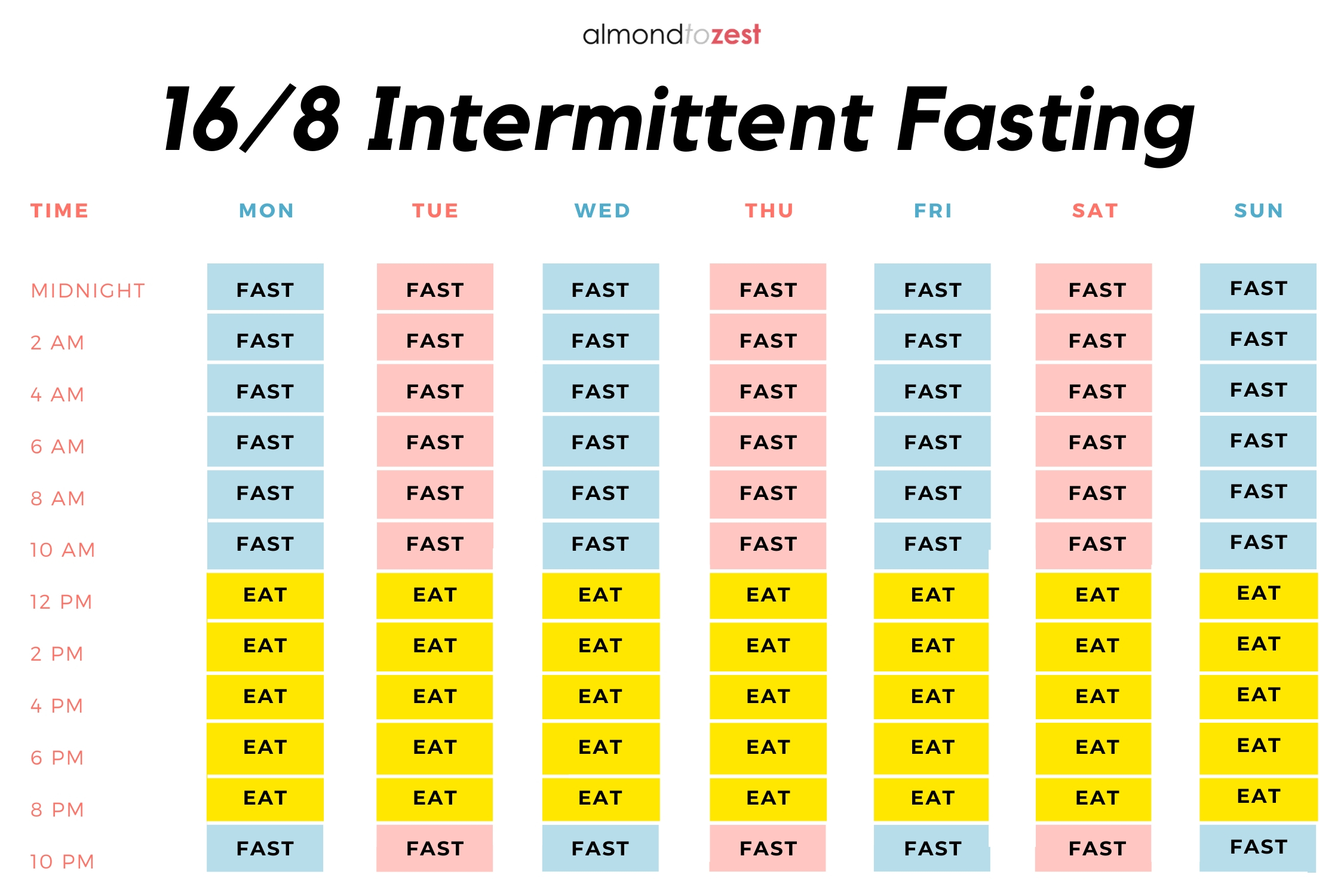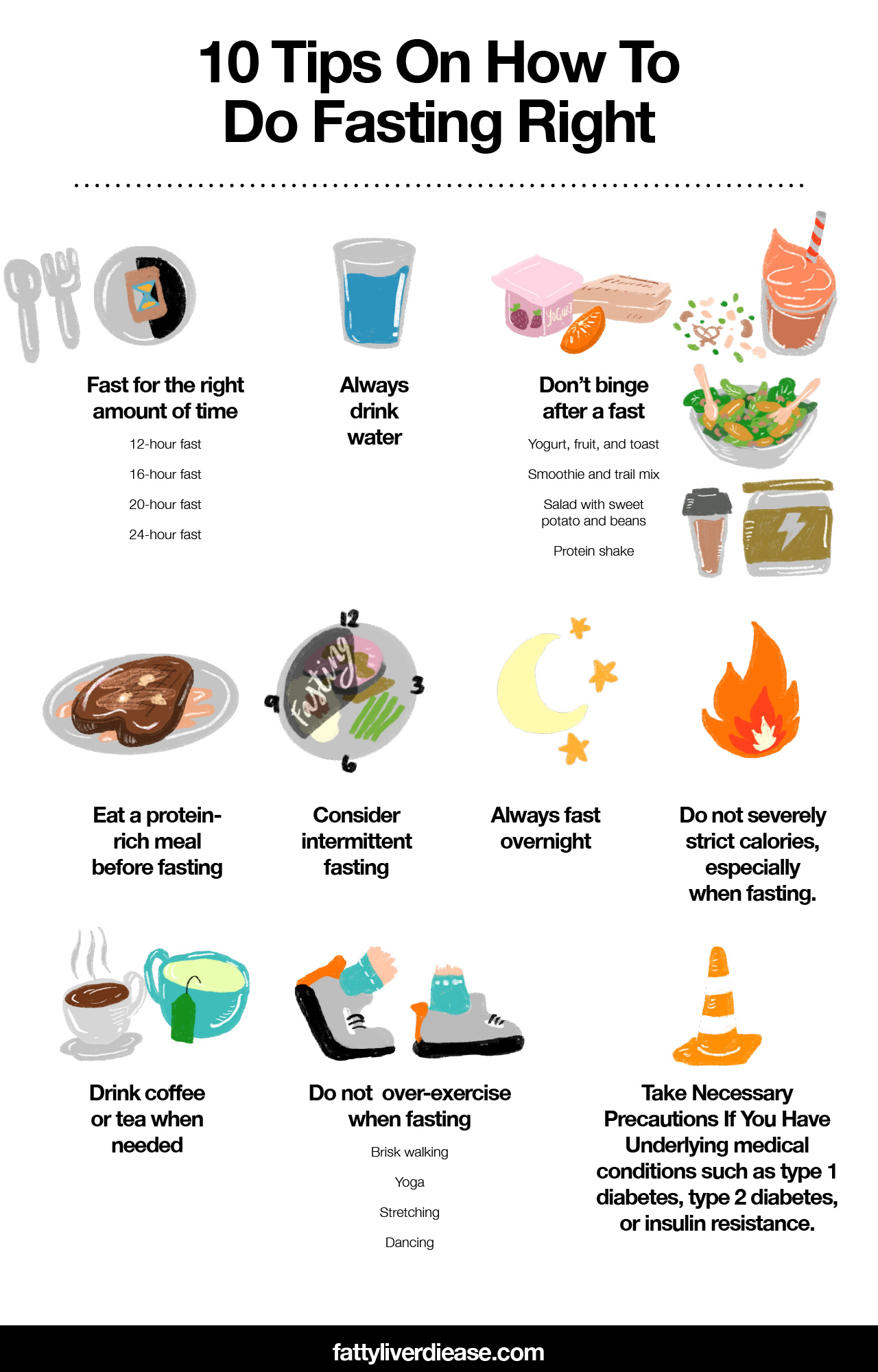Are you looking for a comprehensive guide to fasting, weight loss, and health? Look no further than "Fast.org: Your Complete Guide To Fasting, Weight Loss, And Health."

Discovering The Best Intermittent Fasting For 60-Year-Old Women - Source modernluxury.jennair.ca
Editor's Note: "Fast.org: Your Complete Guide To Fasting, Weight Loss, And Health" was published on [date] and provides valuable insights into the world of fasting and its impact on health and wellness.
After analyzing and gathering information, we have compiled this guide to help you make informed decisions about fasting.
Key Differences or Takeaways:
Main Article Topics:
FAQ
Our extensive FAQ section addresses commonly raised concerns and misconceptions regarding intermittent fasting, weight loss, and overall health.
Question 1: Is intermittent fasting (IF) a safe and sustainable weight loss method?
Intermittent fasting has been shown to be an effective weight loss strategy when combined with appropriate dietary choices and lifestyle modifications. It promotes calorie restriction without extreme or restrictive diets, making it a potentially sustainable approach in the long run.

Intermittent Fasting: Plan, Benefits, Types and Food to Avoid - Source www.bajajfinservhealth.in
Question 2: Can IF improve metabolic health?
Yes, IF has been associated with improved insulin sensitivity, reduced inflammation, and better blood sugar control. These benefits can contribute to overall metabolic health and may reduce the risk of chronic diseases such as type 2 diabetes and heart disease.
Question 3: Is IF beneficial for brain function?
Research suggests that IF may enhance cognitive function, improve memory, and protect against neurodegenerative diseases. It promotes the production of brain-derived neurotrophic factor (BDNF), which is crucial for neuronal growth and survival.
Question 4: Can IF help reduce the risk of chronic diseases?
Some studies indicate that IF may have protective effects against chronic diseases such as cancer, cardiovascular disease, and Alzheimer's disease. However, more research is needed to establish a definitive link.
Question 5: Is there a specific fasting schedule that is most effective?
The optimal fasting schedule varies depending on individual preferences and needs. Common approaches include the 16/8 method (fasting for 16 hours and eating within an 8-hour window), the 5:2 diet (eating normally for 5 days and restricting calories to 500-600 on the other 2 days), and alternate-day fasting (alternating between fasting days and eating days).
Question 6: Are there any contraindications to IF?
IF may not be suitable for everyone. Individuals with certain medical conditions, such as pregnant or breastfeeding women, those with disordered eating histories, and people taking certain medications should consult with a healthcare professional before attempting IF.
In summary, intermittent fasting can be a valuable tool for weight loss, improving metabolic health, and potentially reducing the risk of chronic diseases. However, it's important to approach IF with a balanced and realistic mindset, understanding that individual needs may vary. Always consult with a healthcare professional before making significant dietary changes or embarking on a fasting regimen.
Stay tuned for more in-depth articles on intermittent fasting, weight loss, and overall health.
Tips

10 Fasting Tips, Strategies for Optimal Health | Fatty Liver Disease - Source fattyliverdisease.com
Fasting may seem daunting, but Fast.org: Your Complete Guide To Fasting, Weight Loss, And Health has gathered some valuable tips to make the process more manageable and beneficial.
Tip 1: Start small
Begin with short fasts of 12-14 hours and gradually increase the duration as your body adapts. This allows you to ease into the process and minimize discomfort.
Tip 2: Stay hydrated
Drink plenty of water throughout the fasting period. Staying hydrated helps prevent headaches and nausea and supports overall bodily functions.
Tip 3: Listen to your body
Listen attentively to your body's signals. If you experience intense hunger or discomfort, consider breaking the fast earlier. Fasting is not intended to cause extreme pain or discomfort.
Tip 4: Choose nutrient-rich foods during eating windows
Focus on consuming whole, unprocessed foods such as fruits, vegetables, and lean protein during your eating periods. This ensures that you replenish your nutrient stores and support optimal health.
Tip 5: Find a support system
Connect with a community of fellow fasters or share your journey with friends and family. Having a support system can provide motivation and help you stay accountable to your goals.
Summary: By following these tips, you can approach fasting more confidently and effectively. Remember to start gradually, stay hydrated, listen to your body, make healthy food choices, and seek support from others. With a sensible approach, fasting can be a transformative practice for your health and well-being.
Fast.org: Your Complete Guide To Fasting, Weight Loss, And Health
Fast.org, a comprehensive resource, explores the many facets of fasting, weight loss, and overall wellness. This guide provides valuable insights into key aspects such as:
- Fasting methods: Intermittent, water, and extended fasting
- Weight management: Strategies for weight loss and maintenance
- Health benefits: Improved metabolism, reduced inflammation, and enhanced longevity
- Cautions and safety: Considerations for underlying health conditions
- Scientific research: Evidence supporting the efficacy of fasting
- Recipes and meal plans: Guidance for healthy eating during and after fasting
The Complete Guide to Intermittent Fasting 16/8 - Perfect Keto - Source perfectketo.com
These aspects delve into the complexities of fasting, empowering individuals to make informed decisions about their health. Fast.org's comprehensive approach considers the physical, mental, and emotional aspects of fasting, providing a holistic perspective on weight loss and well-being.
Fast.org: Your Complete Guide To Fasting, Weight Loss, And Health
Fast.org is a comprehensive resource for information on fasting, weight loss, and health. The site provides a detailed guide to the different types of fasting, including intermittent fasting and extended fasting, as well as the benefits and risks of each approach. Fast.org also offers a variety of tools and resources to help people get started with fasting, including a fasting tracker and a community forum.

Shop All Supplements – Tagged "MCT"– WillPowders - Source www.willpowders.com
The connection between fasting and weight loss is well-established. Fasting can help people lose weight by reducing their calorie intake and increasing their metabolism. In addition, fasting can help to improve blood sugar control and reduce inflammation, both of which can contribute to weight loss.
Fasting can also have a number of other health benefits, including reducing the risk of heart disease, stroke, and cancer. Fasting can also help to improve cognitive function and reduce stress.
However, it is important to note that fasting is not right for everyone. People who are pregnant or breastfeeding, or who have certain medical conditions, should not fast without first consulting with a doctor.
If you are considering fasting, it is important to start slowly and gradually increase the length of your fasting periods over time. It is also important to listen to your body and stop fasting if you experience any negative side effects.
| Type of Fasting | Benefits | Risks |
|---|---|---|
| Intermittent fasting | May help with weight loss, blood sugar control, and inflammation | Can be difficult to stick to, may cause hunger and fatigue |
| Extended fasting | May help with weight loss, improve blood sugar control, and reduce inflammation | Can be dangerous if not done properly, may cause dehydration, electrolyte imbalances, and malnutrition |
Conclusion
Fasting can be a safe and effective way to lose weight and improve your health. However, it is important to choose the right type of fasting plan for you and to start slowly and gradually increase the length of your fasting periods over time. If you have any concerns about fasting, you should talk to your doctor before starting.
With careful planning and preparation, fasting can be a powerful tool for improving your health and well-being.